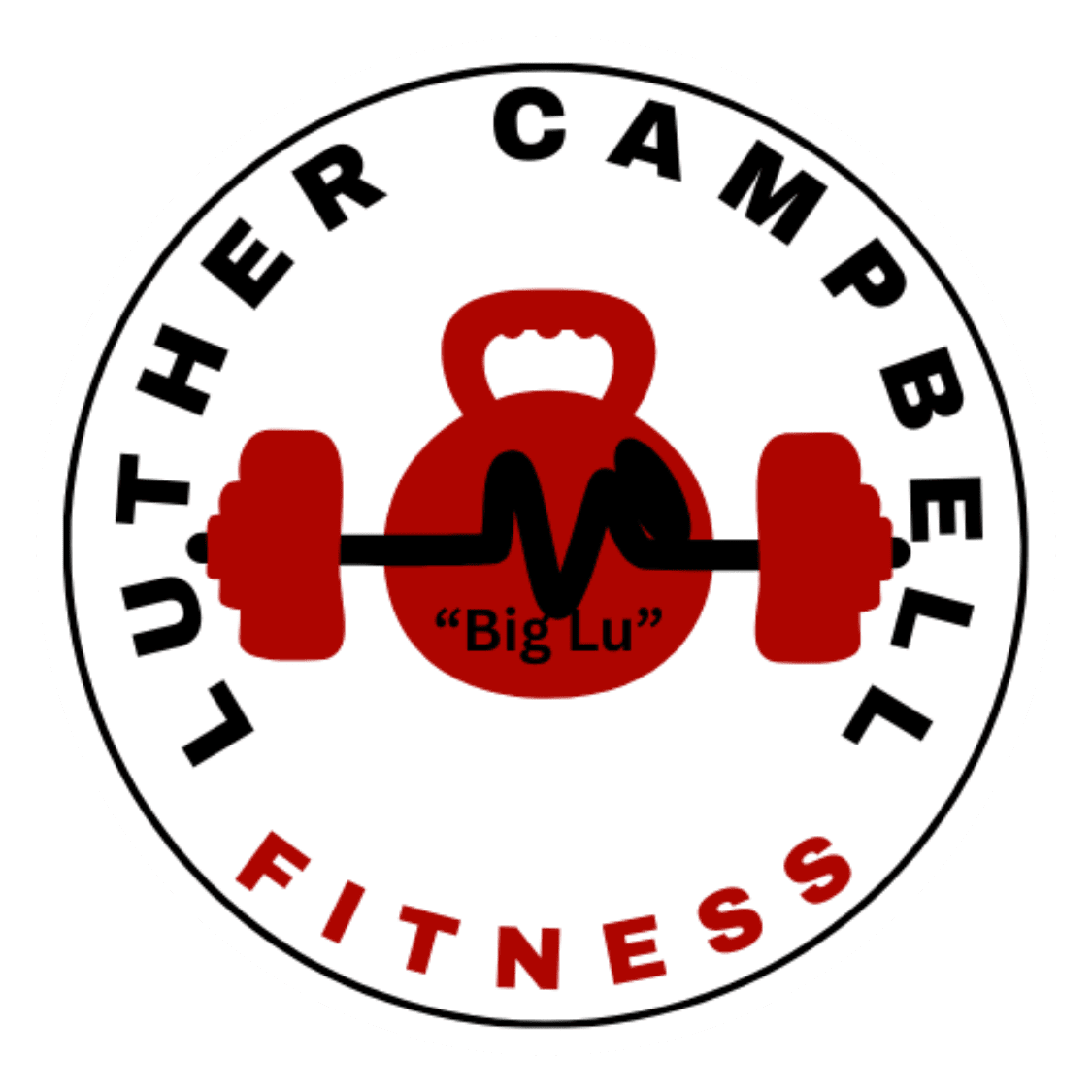Fuel Your Fitness: The Best Vitamins to Boost Your Workout Performance and Recovery

Posted on November 13, 2025
Whether you’re lifting weights, running miles, or flowing through yoga poses, your body needs more than just protein shakes and determination. Regular exercise increases your body’s demand for nutrients that support energy, muscle repair, and recovery. Vitamins play a crucial role in this process — helping you perform better, recover faster, and stay healthy long-term.
Here’s a breakdown of the essential vitamins every active person should include in their routine.
1. Vitamin D – The Strength & Immunity Booster
Often called the “sunshine vitamin,” Vitamin D supports bone health, muscle strength, and immune function. It also helps your body absorb calcium — essential for strong bones and preventing injury.
Best sources: Sunlight, fortified milk, salmon, tuna, and eggs.
Tip: If you train indoors or live in northern climates, consider a daily supplement.
2. B-Complex Vitamins – The Energy Powerhouse
B vitamins (B1–B12) help convert the food you eat into usable energy. They also support red blood cell production, which improves oxygen delivery to your muscles.
Best sources: Whole grains, leafy greens, eggs, legumes, and lean meats.
Tip: Active people, especially vegetarians, may need a B-complex supplement to maintain optimal energy levels.
3. Vitamin C – The Recovery Hero
Intense workouts cause oxidative stress and minor muscle damage. Vitamin C acts as a powerful antioxidant to protect cells, reduce inflammation, and boost collagen for strong tendons and ligaments.
Best sources: Oranges, strawberries, bell peppers, and broccoli.
Tip: Add a daily serving of fruit or a vitamin C supplement post-workout to speed recovery.
4. Iron – The Oxygen Carrier
Iron helps transport oxygen through your blood to your muscles. Low iron levels can cause fatigue, shortness of breath, and decreased performance.
Best sources: Red meat, lentils, spinach, and fortified cereals.
Tip: Women and endurance athletes are at higher risk for iron deficiency — consider regular blood tests and iron-rich meals.
5. Magnesium – The Muscle Relaxer
Magnesium supports muscle function, energy production, and nerve signaling. It also helps prevent cramps and aids in post-workout relaxation.
Best sources: Nuts, seeds, dark chocolate, and leafy greens.
Tip: Try taking magnesium before bed to improve sleep and recovery.
6. Vitamin E – The Cell Protector
Another potent antioxidant, Vitamin E helps protect cells from exercise-induced oxidative stress. It supports endurance and reduces inflammation.
Best sources: Almonds, sunflower seeds, and avocados.
Tip: Combine Vitamin E with healthy fats to enhance absorption.
7. Zinc – The Repair and Immune Essential
Zinc aids in protein synthesis, tissue repair, and immune health — all vital for people who train regularly.
Best sources: Shellfish, beef, pumpkin seeds, and chickpeas.
Tip: A zinc supplement can help speed recovery and support muscle growth.
Conclusion: Balance Over Bulk
Supplements can support your performance, but they work best alongside a balanced diet rich in whole foods. Before adding anything new, consult your doctor or a registered dietitian to tailor your vitamin intake to your activity level and health goals.
Your body is your best investment — fuel it right, and it will return the favor with energy, endurance, and strength.
Send a Message
Step into a supportive journey with Big Lu, tailored to elevate your well-being. Reach out for personalized guidance and vibrant community interaction. Let's make wellness personal together!
